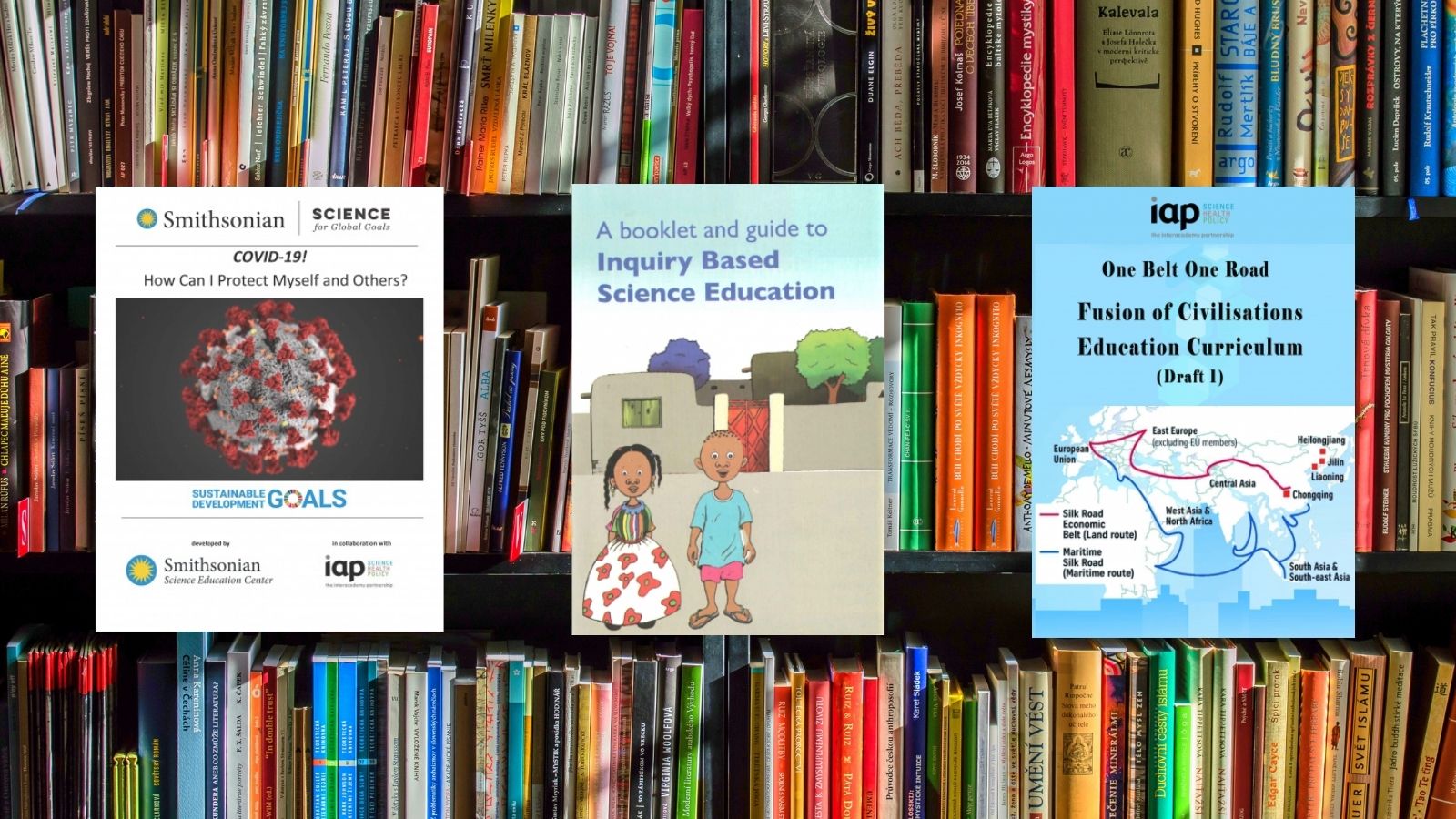Inquiry-Based Science Education (IBSE)
Inquiry-Based Science Education Approach
What the InterAcademy Partnership (IAP) means by Inquiry-Based Science Education (IBSE) for students can be expressed in terms of the process and outcomes of learning about the world around them. It is a process of developing understanding which takes account of the way in which students learn best, that is, through their own physical and mental activity. It is based on recognition that ideas are only understood, as opposed to being superficially known, if they are constructed by students through their own thinking about their experiences.
In the classroom these experiences include direct observation and investigation of materials and phenomena, consulting information sources such as books, experts, the internet and discussion with others in which ideas are shared, explained and defended.
This learning will involve the development and use of skills of observation, raising investigable questions, planning and conducting investigations, reviewing evidence in the light of what is already known, drawing conclusions and communicating and discussing results.It is also recognised that deep learning depends on students’ full engagement in experiences from which they can develop their understanding.
How to teach inquiry-based science
Engagement depends on the extent to which experiences hold interest, have perceived relevance and provide enjoyment and even excitement for students. Teachers have a key role in this process. What teachers do is dependent not only on their skills, but also on their knowledge, dispositions, attitudes, values and interpersonal capacities.
This goes beyond what is usually meant by ‘teaching’ and is more accurately referred to as pedagogy in its widest meaning, including both the classroom acts and the ideas and values that inform them.
One of the principle strategic objectives of the IAP is to "Build a scientifically literate global society”, and since 2003, IAP has developed a Science Education Programme (SEP) aiming to reform and develop science education on a global scale with a pedagogy based on IBSE. On the IAP website you can find free teaching resources developed by members of its international network or in collaboration with other organisations such as the The Smithsonian Science Education Center and the World Health Organisation (WHO).
